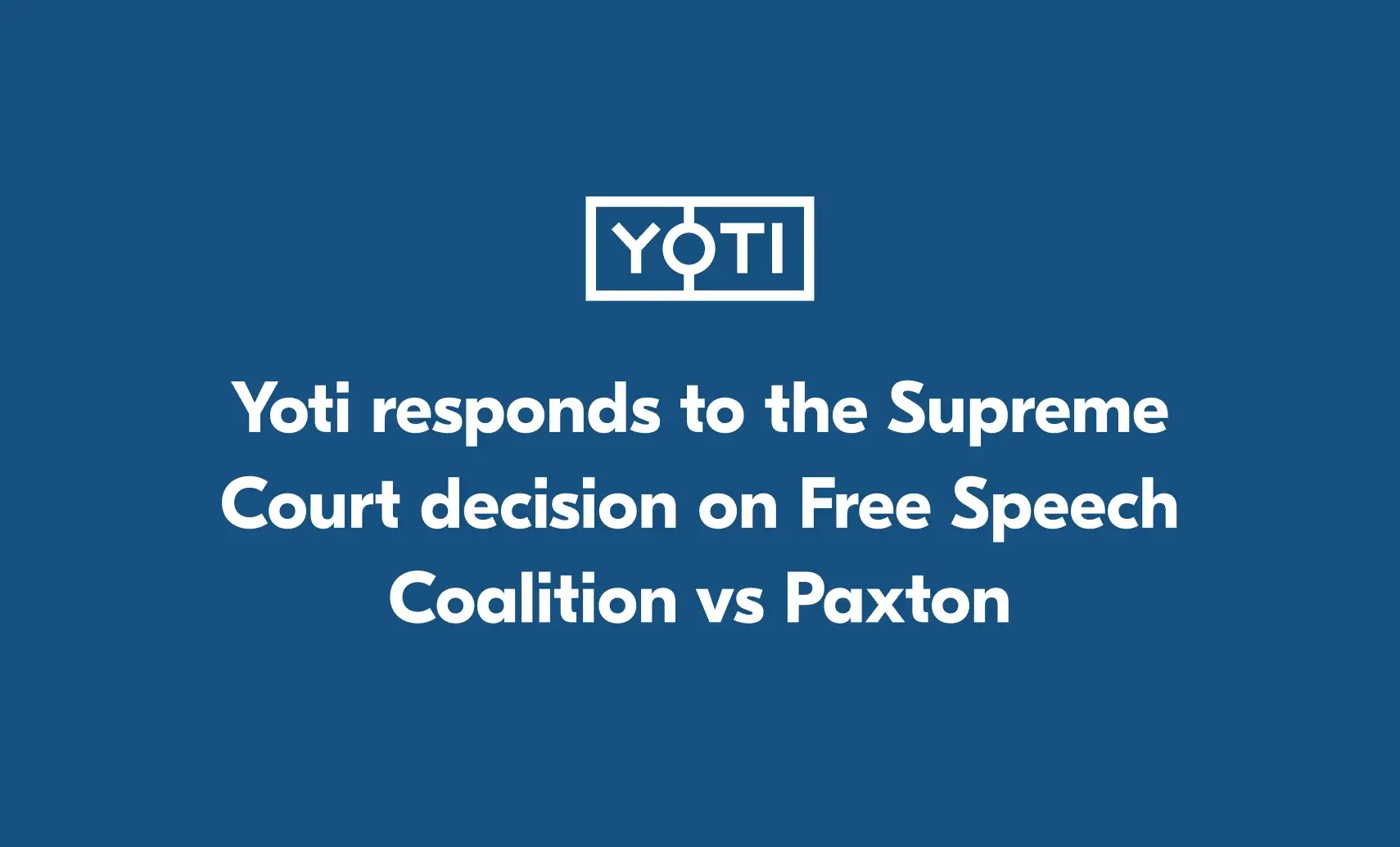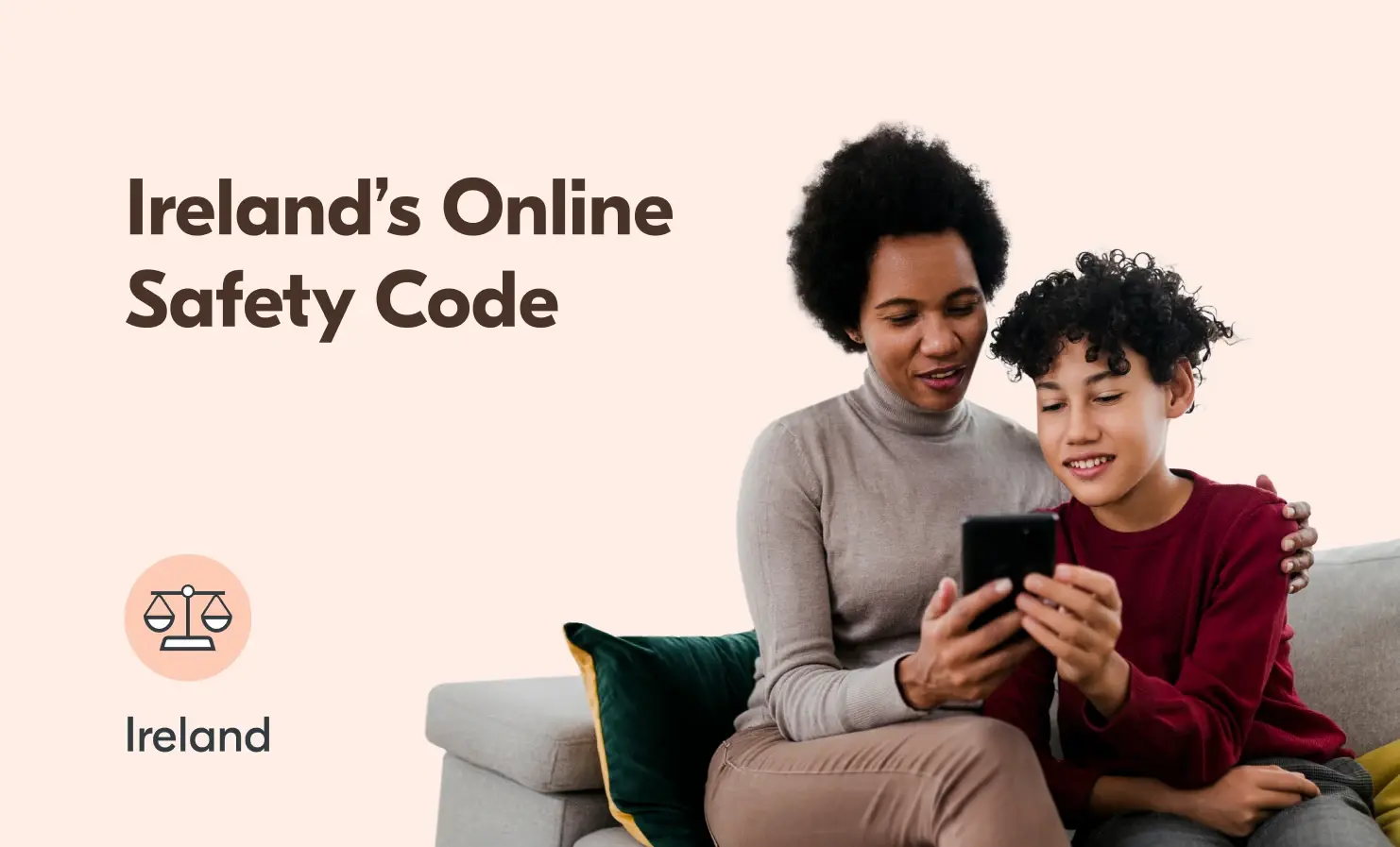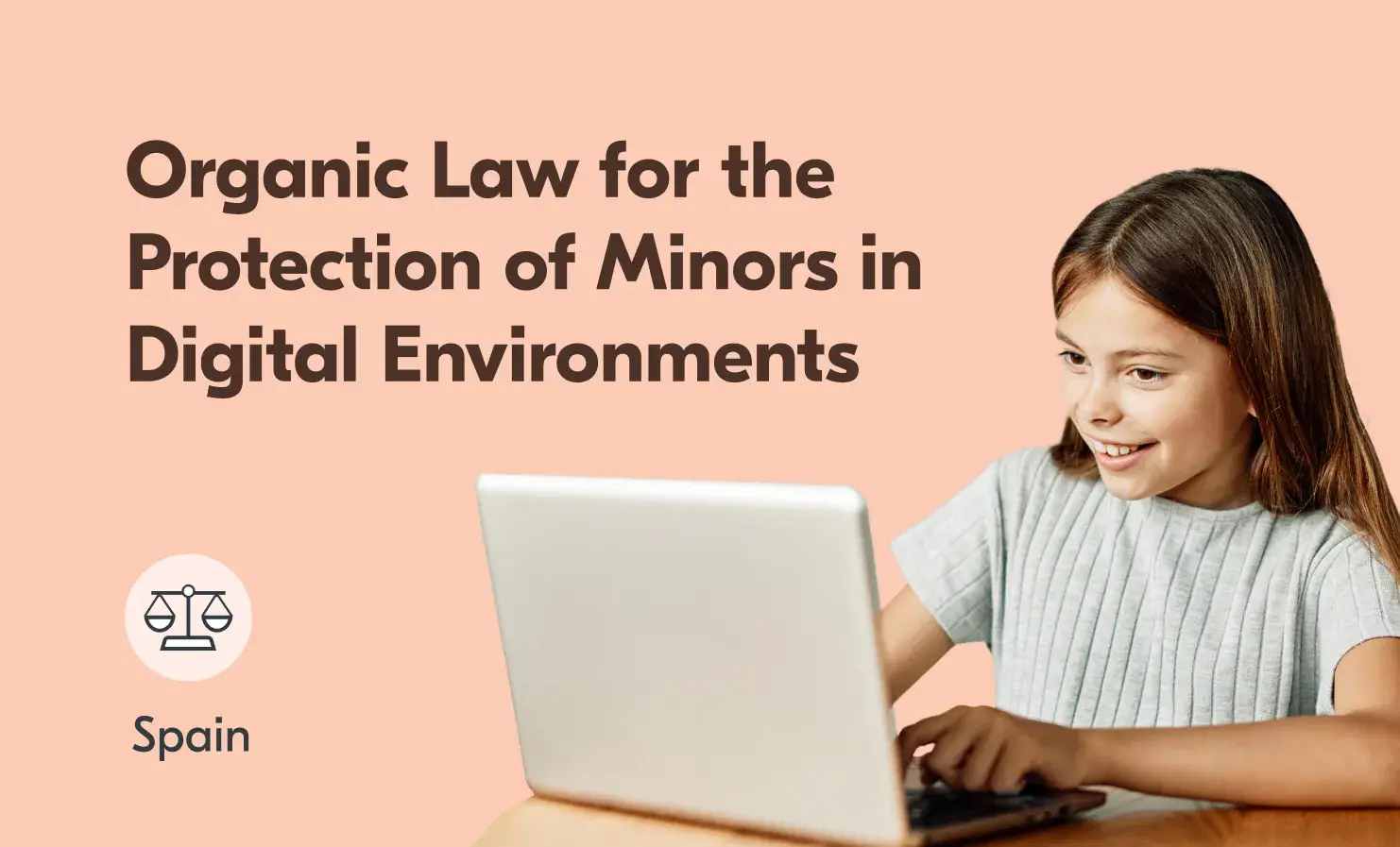
As a parent, one wants young people to thrive and access the best of the online world. But the ease with which very young people can stumble across or access restricted, inappropriate or explicit content concerns me greatly.
In my role as Chief Regulatory and Policy Officer, I engage with regulators, businesses, politicians, charities and parents every day. I hear and read stories of young people who have been negatively impacted by what they have seen and experienced online; and see that whilst for many there are positive experiences, it is the vulnerable who are the hardest hit. It’s time for a reset to address how best to support all young people online.
Thanks to the introduction of the Children’s Code here in the UK and the recently passed Louisiana Age Verification law and California’s Age Appropriate Design Code Act, we are starting to see positive changes. Along with the much anticipated Online Safety Bill, regulators and companies are now seriously looking at the role age assurance can play in providing children and young people with safer, more positive and age-appropriate experiences.
However, some people still think or try to assert that suitable privacy-preserving age assurance methods do not exist. There are some who think the only way to effectively prove our age online is to use an ID document or credit card. This is a truly outdated viewpoint, and simply isn’t true.
The people making these statements are stuck in the past. Of course someone might still choose to use an ID document, mobile phone number or a credit card to prove their age online. But not everyone has access to these approaches, and there’s a lot of people who do not feel comfortable sharing this information online.
There are now certified privacy-preserving methods which do not require individuals to share personal details like their name, address or passport number. Facial age estimation is one such method, built to give everyone a secure way to prove their age without sharing their name or ID document. It accurately estimates someone’s age from a selfie, and most importantly, as soon as their age has been estimated the image is permanently deleted. There is no central database of images, it is not facial recognition and we are not sacrificing our privacy for convenience.
Facial age estimation is being used globally at scale by a wide range of social, gaming, ecommerce, adult, gaming and retail organisations. Platforms like Instagram, Facebook Dating, Yubo and OnlyFans are using facial age estimation to help create age-appropriate experiences. The technology can handle tens of millions of age checks every day, and if required, we can double, triple or even quadruple this.
Privacy-preserving facial age estimation is proving to be popular with individuals too. When presented with a choice of using an ID document or facial age estimation to verify their age on Instagram, 81% are choosing to use our technology.
Once the age of an individual has been assessed, a platform can act in the best interests of that child or adult. In practical terms that could be to turn off notifications late at night, not allow geolocation tracking, turn off age inappropriate advertising or profiling, provide support which is age appropriate. It becomes possible to prevent children from being contacted by over 18s, or from seeing explicit, inappropriate content.
Facial age estimation can play an important role in protecting young people and improving online safety – and it’s already being used everyday to help create age-appropriate experiences. But this is just the beginning. There’s still a long way to go but as a parent, it’s reassuring to know that the technology does exist to protect young people online. I’m very proud to be working for a company that has developed technology which can have such a positive impact in creating a safer digital world.



